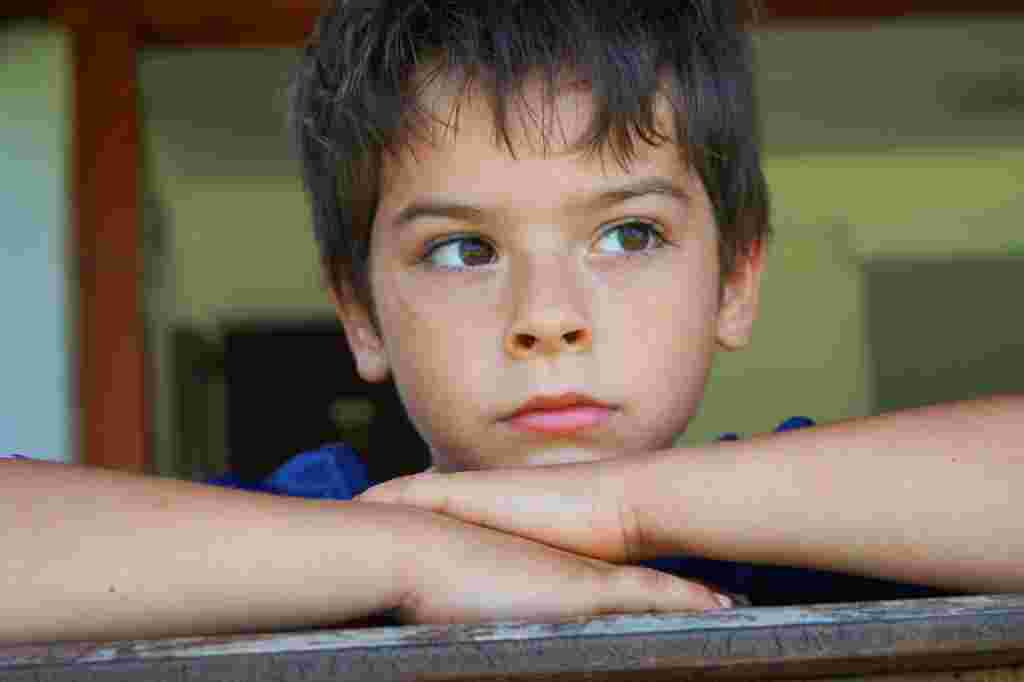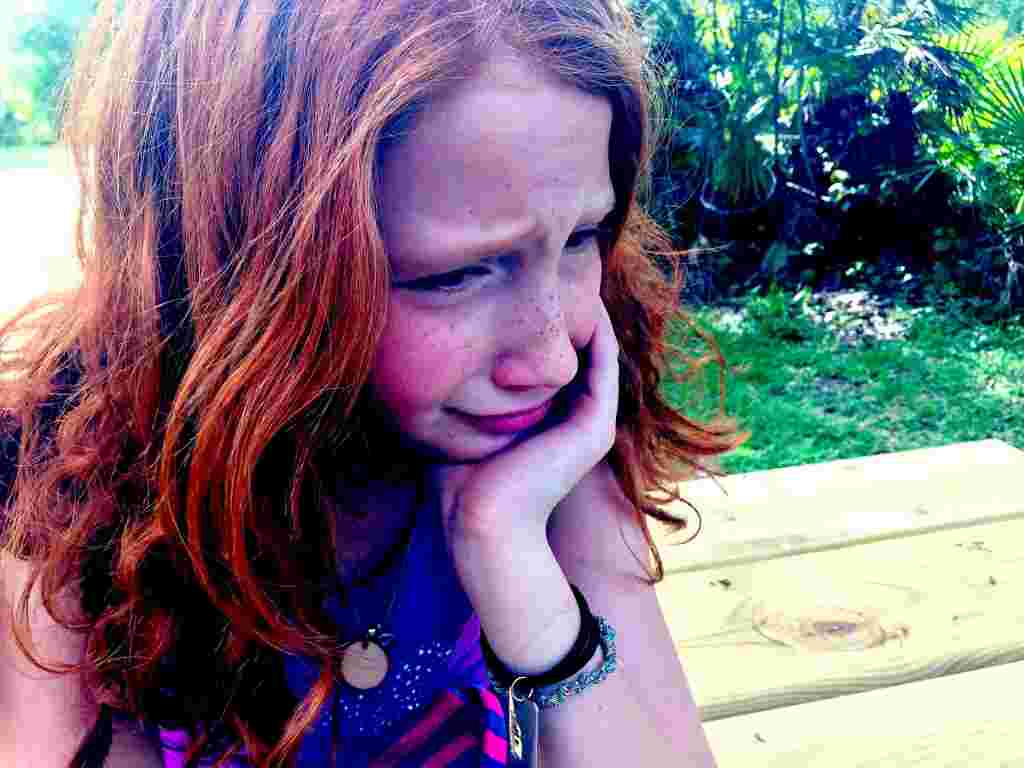How To Help Your Child Cope With Bereavement
By Damsons, the future planning specialists

Losing a family pet is often the first time a child must come to terms with the reality of death, and for most, this is a big emotional adjustment. However, there are coping strategies and support groups that parents can use to help children deal with the loss of a loved one and help them move on in time.
Saying goodbye to a someone close to us is never easy, regardless of age, but the important thing for parents to remember is that you and your child are not alone. There are many support groups out there who can provide practical and emotional support to help you through this difficult period. Bereavement services can be contacted through your GP, local hospice, or the national Cruse helpline, who offer support to children, young people and adults.
How a child will grieve depends on several things, including their age and understanding of the situation. So, parents shouldn’t be alarmed if their child displays a range of different behaviours.
Young children may be feeling sad but may not be able to process why, and so may continue to play as normal. Teenagers may also have their own way of coping and seek solace in peers of a similar age group.
The important thing for parents to remember is that there is no right or wrong way to grieve.
Every child will deal with bereavement differently but there are some simple things you can do to prepare a child for an up and coming loss to make the journey more manageable.
For many, a funeral marks the first step on the long road in front of them, marking a crucial time for families to accept what has happened and begin adapting to their new life ahead.
Involving children in the funeral plans provides an opportunity for them to say goodbye and remember that person in their own special way.

What can you do to help?
- Inform the school so that teachers are aware of the home situation. Children of exam age can apply for an application for special consideration.
- There is financial help available for those caring for a bereaved child, including child benefit, widowed parents allowance, guardian allowance and in some cases, a one-off bereavement payment.
- For parents in employment, the ACAS has produced a guide for bereavement in the workplace.
- Keep to every day routines to instil a sense of normality
- Use books to help you explain the circle of life to younger children
- Explain the situation to their teacher or care provider so they can adapt to behaviour changes
- Encourage teenagers to keep up with their friendships and hobbies
- Talk to them openly about what is happening so that they feel valued and included
It is a parent’s instinct to put their child’s needs first but it’s important that you consider your own feelings too. Whoever you have lost, whether it’s a partner, parent or family friend, you too will need support in order to be there for your child and allow you to also grieve.
Also providing support is the Child Bereavement Network, who offer pre-and post-bereavement care to help prepare children for losing a loved one and provides coping strategies for dealing with grief.




















